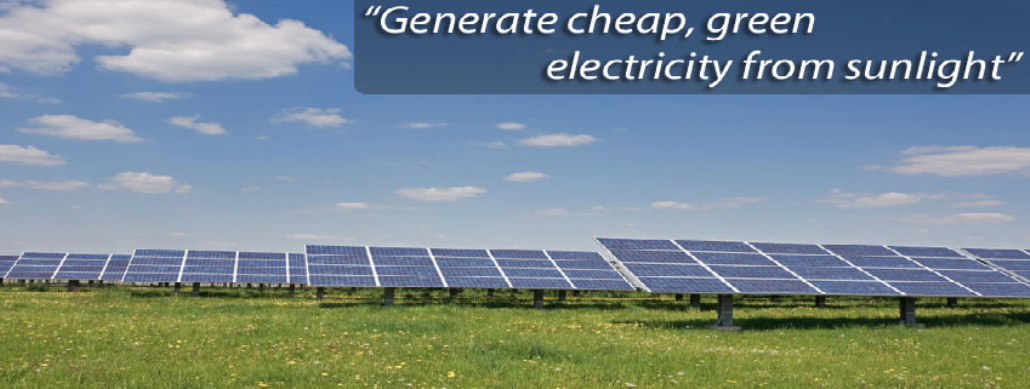IREDA’s scheme will provide loans at interest rates between 9.9% and 10.7% with a repayment period of nine years
Power minister Piyush Goyal on Tuesday launched the Indian Renewable Energy Development Agency (IREDA)’s loan scheme for rooftop solar power projects in the country. The scheme will provide loans at interest rates between 9.9% and 10.7% with a repayment period of nine years.
“The loan can be availed by project aggregators, developers for a minimum aggregated project size of 1MW (megawatt) and sub size of 20KW (kilowatts),” said Tarun Kapoor, joint secretary, ministry of new and renewable energy. The scheme has been formed by drawing credit lines from German development bank KfW and Japan International Cooperation Agency. “They will be tax-free bonds, which IREDA will float shortly,” Kapoor added.
The government is also looking at making amendments to the Electricity Act, 2003, for strong enforcement of the Renewable Purchase Obligation (RPO) and for providing Renewable Generation Obligation (RGO). In addition, stringent penalties for violations are being proposed. “I am told that the tariff policy and amendment in the act is more or less ready and it will soon go to the cabinet,” said cabinet secretary Pradeep Kumar Sinha.
RPOs are the minimum percentages of the total power that electricity distribution companies and some large power consumers need to purchase from renewable energy sources. RGO means that for every new thermal power station that is set up in the country, firms will also have to set up a percentage of renewable capacity.
Of the total 100,000MW solar power capacity planned, 20,000MW will come from solar parks and 40,000MW each from rooftop and distributed generation projects.
An earlier target to install 20,000MW of solar energy capacity by 2022 was raised fivefold to 100,000MW. Renewable energy, at present, accounts for only 35,777MW of India’s total power generation capacity of 272,503MW.
The National Democratic Alliance government, which has made enhancing power generation a key policy priority, is looking to supply adequate power at affordable prices. The aim is to double electricity generation to two trillion units by 2019.


